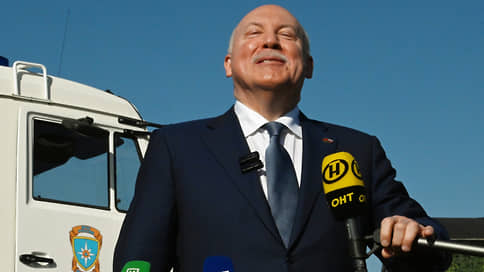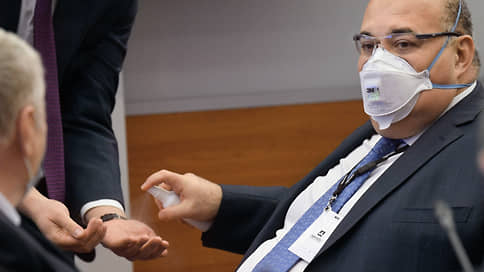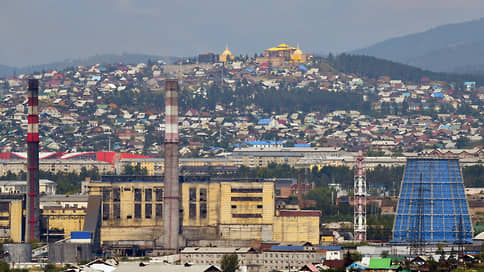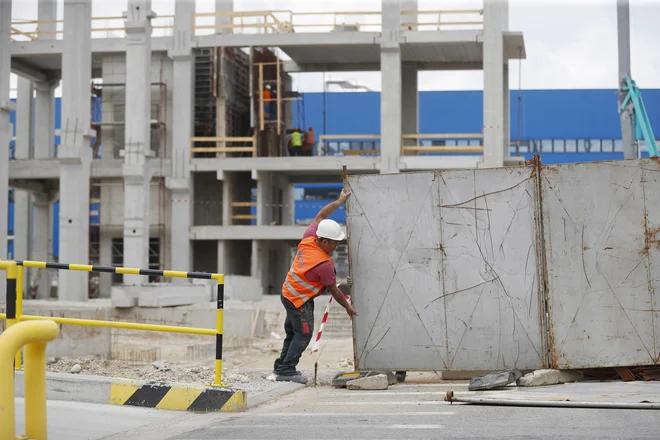Who has become the new presidential envoy to the Constitutional Court

The authorized representative of the President of the Russian Federation in the Constitutional Court (KS) was appointed by the Secretary of State of the Union State of Russia and Belarus Dmitry Mezentsev. In this position, he replaced the former Minister of Justice Alexander Konovalov, who was approved by the judge of the Constitutional Court a day earlier. Mr. Mezentsev became the first Kremlin plenipotentiary in the Constitutional Court without a legal education, but with the well -established work of the apparatus this is not a problem, the source of Kommersant, close to the Constitutional Court.
The decree of Vladimir Putin on the appointment of Dmitry Mezentsev by the presidential envoy to the KS was published on the morning of April 17 on the official portal of legal information. On the air of the Russia 24 television channel, Mr. Mezentsev promised to do « everything that will be required in this position so that those tasks that are set by the head of state were solved in support of the law. »
The figure of the replacement of Alexander Konovalov (April 16, the Federation Council approved his judge of the KS) turned out to be unexpected, because for the first time in the history of the KS a person without a legal education will represent the president in this court. True, in his first specialty, a graduate of the Leningrad Institute of Railway Engineers Dmitry Mezentsev also did not work long, having left for politics almost immediately. And in fact, 1991-1996, held as the chairman of the Print Committee and the Media of the City Hall of St. Petersburg, were determining for his career, where Vladimir Putin also worked as the head of the Committee on External Relations. In the next decades, Mr. Mezentsev replaced many responsible positions, having worked even the governor of the Irkutsk region and simultaneously received the degree of candidate of psychological sciences, and in 2012 he switched to diplomatic work.
The main function of the plenipotentiary is to represent the President’s side in constitutional proceedings, explains Olga Kryazhkov, associate professor of the Department of Constitutional Law of the Russian State University of Justice. Most often, he acts as a co -consumer along with representatives of the State Duma and the Federation Council, because the main array of cases in the Constitutional Court is associated with the appeal of the provisions of federal laws, and not a single law will enter into force without the signature of the president. If the president himself sends a request to the Constitutional Court, to which he has the right in a number of cases, then the plenipotentiary will represent it already as a clarifier side. “Since the CS resolves only issues of law, the argumentation of the parties should always be legally correct and based on a deep understanding of legal matter,” the expert emphasizes.
It also recalls that the law provides for two types of representatives of the parties in constitutional proceedings: conventionally, these are representatives of the “position” (having the right to represent their organization without a power of attorney) and “on behalf of”, which should be a lawyer or have a degree in legal specialty. There is still no unequivocal understanding which of these two categories are the plenipotentiary representatives of state bodies, Ms. Kryazhova notes. But so far, everyone who worked as presidential envoy did not just have a lawyer diploma, but were candidates or even doctors of legal sciences. However, practice has changed, and now the question of the status of the authorized representative of the state house in the Constitutional Court is again acquired, the expert summarizes.
Meanwhile, the Kommersant’s source, close to the Constitutional Court, is sure that the new plenipotentiary will cope with work perfectly, despite the lack of a legal education, because for solving legal issues there is an apparatus that has been clearly functioning since the time of the half -chairman of Mikhail Krotov. True, under the democratic Alexander Konovalov, the discipline is somewhat weakened there, but if the new plenipotentiary has organizational abilities, then everything will be just fine, the interlocutor of Kommersant is sure.








